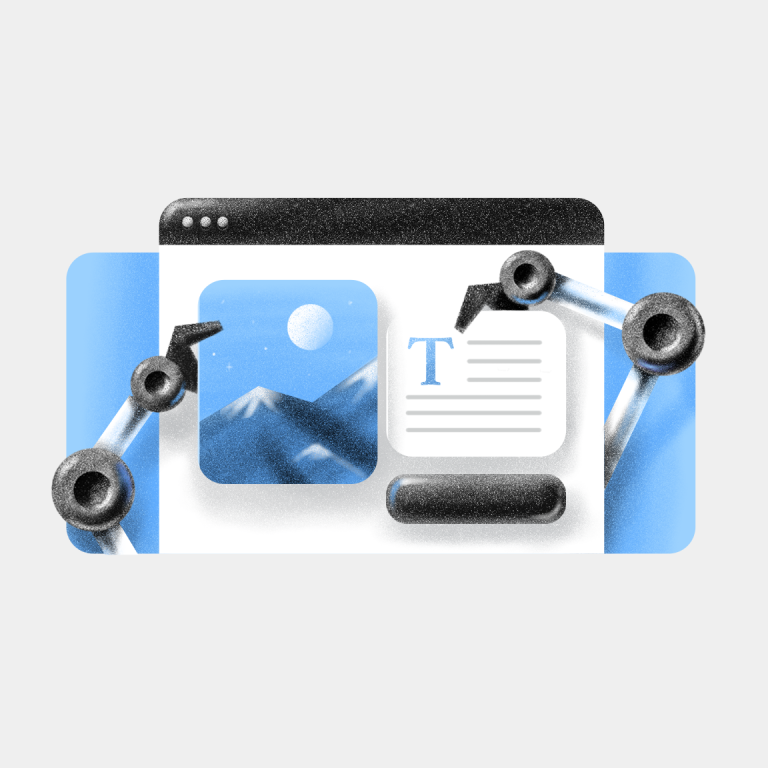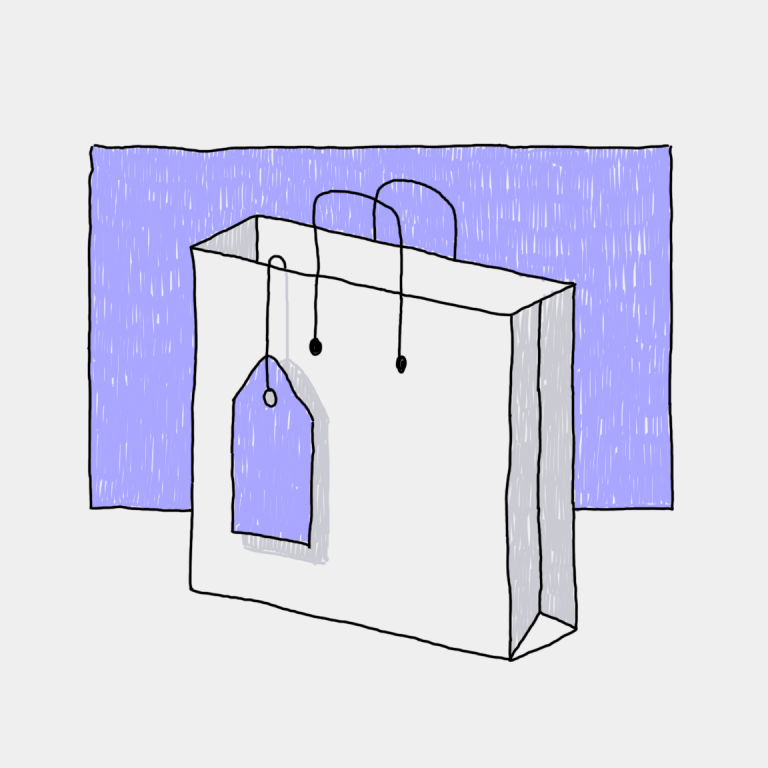We’re going to dig into a different type of musical profession and talk about someone whose goal is to make and sell samples, sounds, and loops. When a person typically thinks of a music career, they might normally think of something related to either performance or education, both of which normally require a college degree.
The collegiate route can be daunting and costly, but on the other hand, it can be more of a sure bet than relying on luck to make it big as a standalone musician. But what if there was another way to go? Another pathway to make money selling music is by making and selling samples, sounds, beats, and loops. It can be challenging, and it takes tireless effort and
A Hard Road Paved with Opportunity
The struggle is real, especially as an artist. Now imagine what the struggle is like for someone trying to make a living off of music without being a musician? It may sound like a strange path for someone to pursue. Trying to make money off of music without being a musician? How is that even possible? Rest assured, in the modern market, it is certainly a viable yet difficult career path to choose. And, to take the edge off, it doesn’t require a degree from Carnegie Mellon! While going to college is certainly a great pathway for some, that in no way means that it is the right (or only) way to a successful music career.
Music as a Whole (Lot of Pieces)
When we look at how to make a living off of music without being a musician, we need to look at not necessarily playing music but instead selling different aspects of what a musician might need as separate segments. This might sound similar to what a DJ does, and you would certainly be getting close. What a DJ does is utilize already made music, various beats, and noises to remix audio.
Sometimes, they create something original, other times they upload recordings, but more commonly they perform and create music during live events. Now dig a little further into that. Think about all the various beats, tweaks, sound effects, and overall large pool of “musical special effects.” Have you ever wondered where those come from? Believe it or not, a lot of it is borrowed or even purchased from a
A Music Merchant
We understand that after dropping a term like “musical merchant,” we might have some explaining to do. After all, it isn’t a technical term, but it is the term that we’ll refer to in this article to express what’s needed to make and sell samples, sounds, and loops. This career path involves selling sound samples, music loops, background music loops, and other musical segments to musicians.
The first thing a person needs to know is how to make music loops, how to make music samples, how to make sounds, and how to manage a music samples database. Having experience with beat machines and musical tech is always a plus. In many cases, you’ll not only sell sounds online but may have the chance to collaborate with other
What Beats the Competition?
So we’re throwing a lot out there, with concepts like sound samples, music loops, background music
To make things easier, let’s try to put this in terms of an actual person who’s become incredibly famous for pulling off this kind of work. Do any names come to mind? If it was Dr. Dre by any chance, then you’ve won the lotto. And if you didn’t, that’s good, too. It’s a big market, and like all things musical, the more insight and inspiration you can pull from, the easier your life will be.
But back to Dre. This guy is famous. And we mean, really famous. You’ll see his names featured across various
Sound Samples
Have you ever been listening to a favorite song of yours or just had something on in the background, and noticed there was something familiar about its background music? We’ve all had the thought, “I know this song!” or thought an old song has been turned into something completely new. Now that you’ve got that example, and assuming you’ve come across this before, then you know what sound samples, or sampling, is. These sound samples don’t always have to be from an already
That covers what music samples are, so now it’s time to talk about how to make them. Luckily, if you’re reading this article, it would be safe to assume you’ve got some sort of music editing software. And if you don’t, go get some! There are plenty of options out there, and all come equipped with basic equipment and tools that are necessary for any fledgling “music merchant” to get started. Now it’s on to some definitions that’ll help you make and sell samples, sounds, and loops.
Music Loops
Next up are music loops. These are endless tracks that can be put on repeat that seamlessly flow into each other
Because we love a good contextual example, let’s first take a practicing instrumentalist or singer. What often goes into this form of music is hours upon hours of repetitive exercises that focus on really dialing in certain skills and techniques. Music loops allow them to have an
Now you can easily see how this could come in handy. It’s a repeating section of sound material with a wide array of uses, from practicing musicians or music artists in a studio. Considering how large that market is, it’s not hard to imagine how lucrative these can be. That brings us to how to make music loops. Once again, this is where the creative process comes in. Get the canvas (or software) out and start the process of trial and error. Trust us, though. You’ll get it down before you even realize the track has started to repeat.
Background Music
The last staple necessary for a “music merchant” to have at their disposal is background music. Background music consists of musical segments meant to slip into the background. The purpose is primarily to set a background or atmosphere to something larger, as opposed to being the main event. It’s the sky on a canvas setting or the plates, silverware, and table cloth to a fancy dinner. But wait: isn’t background music that stuff that you hear in elevators or waiting rooms, which is sure to put someone to sleep eventually?
As it turns out, the expanse of what constitutes “background music” is far and wide, and it comes into play in more sects of media than you would think. From venue setting to music scores, background music is pretty important, especially for audio that isn’t meant to be the main focus.
But for now, let’s steer away from compositional background music and focus more on digital tracks for online media. Take YouTube for example, because there’s nothing we love more here than putting things into a solid frame of context.
Many YouTube videos need something that’s going to linger in the viewer’s mind and keep them engaged, without detracting from the primary
Background music is also helpful for listeners of radio shows or podcasts. And sometimes, it can help with branding, as most shows will rely on background music with similar themes. How often has a jingle gotten stuck in your head? The NPR transitional jingle is lingering around somewhere as we speak. And, considering the market, there shouldn’t be any issues when you get to the point of selling background music online.
But once again, it’s important to ask how to make background music. Now, this might be a bit more challenging than making sound samples or music loops, as these will typically be full songs or pieces intended for use in longer videos or settings. Considering that the average YouTube video ranges anywhere from five to
This is where that music software mentioned earlier comes into play, in addition to a great deal of patience, trial, and error. Thankfully, music loops and background music easily overlap in creation and intention, so it could be as easy as writing music to loop
Music Samples Database
Once you’ve curated a collection of sound samples, music loops, and background music, you’ll need a place to keep them for future use. Keep in mind that as you start creating a large number of sound samples, music loops, and background music, you’ll need to start managing your own music samples database. The purpose is in the title: it holds all of your created sound samples, music loops, and background music in a safe,
Think of it as your private vault of musical success. This isn’t only a storage place though. It will slowly become your whole life’s
These are the basics, and we’re hopeful that this will get you on the right path. With the basics on how to make and sell samples, sounds, and loops, you’ll be off to the races (or studio) in no time.








